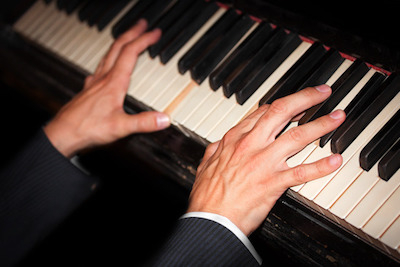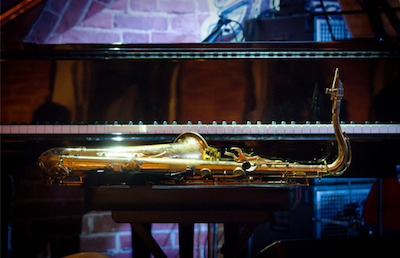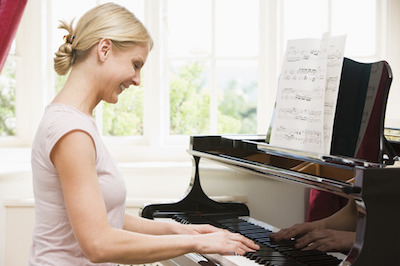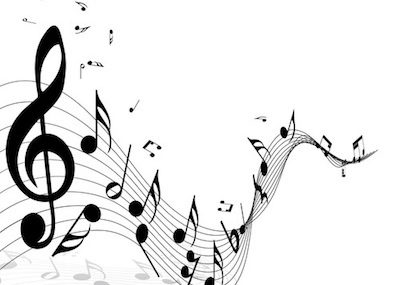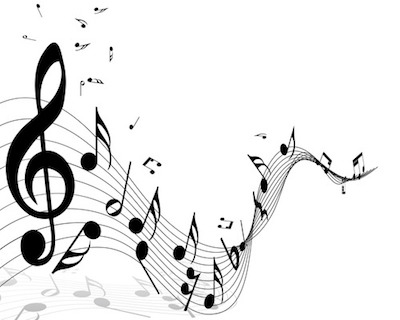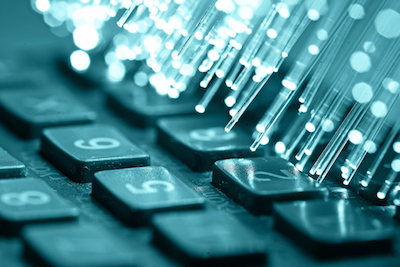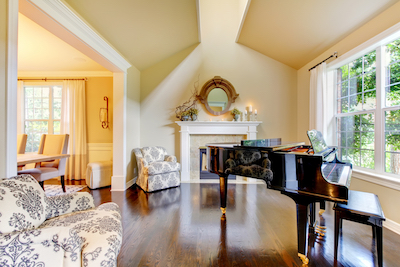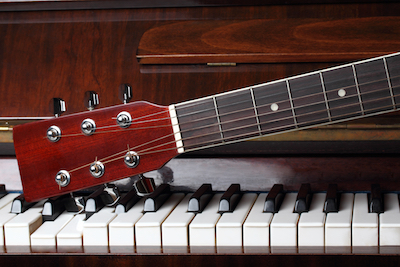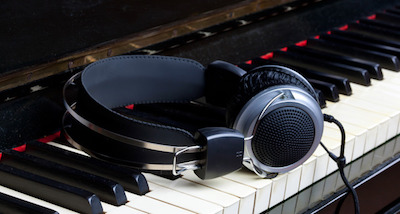It happens all the time. Well-meaning parents purchase a portable keyboard for their child as a gift, choosing to see if their kids will “stick” with piano before investing in something bigger.
And so a child tinkers with it for awhile. They may even stick with piano apps or online instruction for a few months. And then things start to change.
Nobody wants to invest thousands of dollars into something a child will push away from quickly. Most parents are willing to support their child’s hobbies – as long as they remain serious about moving forward. 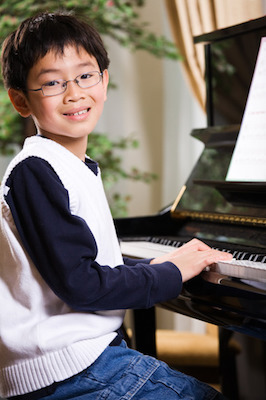
And that’s where parents go wrong.
Initial interest alone will not help mastery over a subject matter. You can’t pick up a book in a foreign language and expect to read it the first time you open the cover. It takes time, help, and experience to develop true musical talent that turns into a lifetime skill.
You also can’t learn with something less than 100 percent.
Ever picked up a foreign language app, a game that has you saying a few words in certain orders? You may pick up a word here and there. But can you really communicate in the foreign language if you were to step off a plane in that country?
Full immersion is the only way.
The proper practice instrument is critical to success. Without the right tools in place, your child will never pick up the nuances of proper playing technique.
And a portable keyboard isn’t a tool – it’s a toy.
Studies show that over 80 percent of all students who start playing piano on a portable keyboard quit piano in the first year. That plays into parents’ fear of not investing money unless their child is serious about it. Unfortunately, their child never had a chance to enjoy making music because they never learned on a proper playing piano. They have:
Incorrect key action – there is little resistance when the keys are played. If she perfects a song on a keyboard and attempts to play it on the real thing, she’ll struggle.
Not enough keys – most portable keyboards have 61 or 76 keys, compared to 88 keys on a piano.
Keys aren’t full sized – they are often built on a small scale and don’t have the same reach or feel as a full size piano.
No pedal – students begin using the sustain pedal in the first year of lessons.
If you want to give your child the gift of music, ensure they have the ability to fall in love with it from the moment they bring it into their lives.
Look at your options. A combination of an acceptable practice instrument, a compatible teacher, and family support can give your child an above average chance of making a full commitment to playing the piano. And turning it into a lifelong skill.

